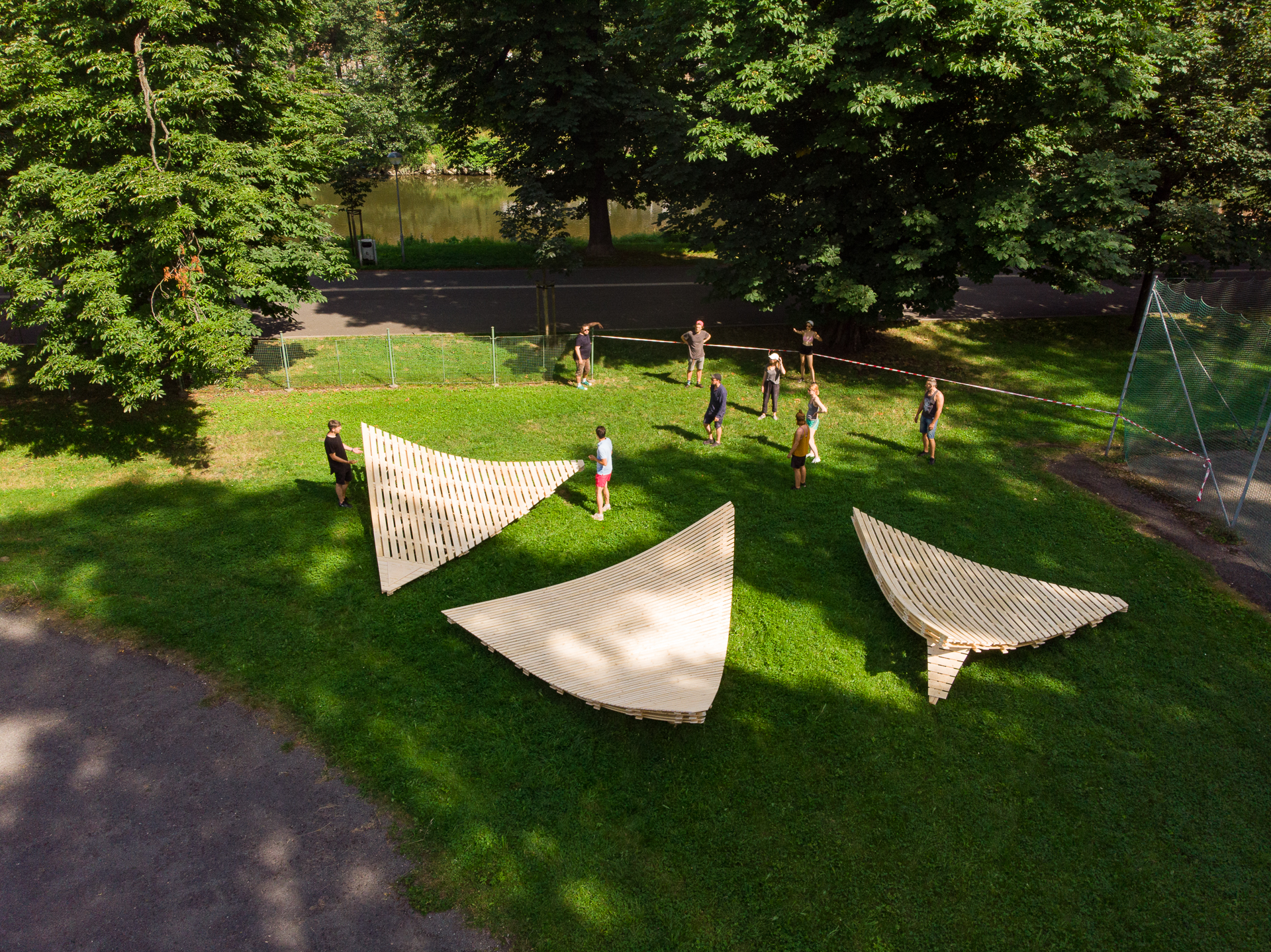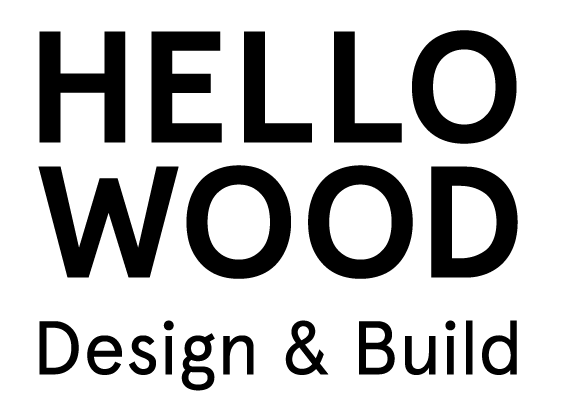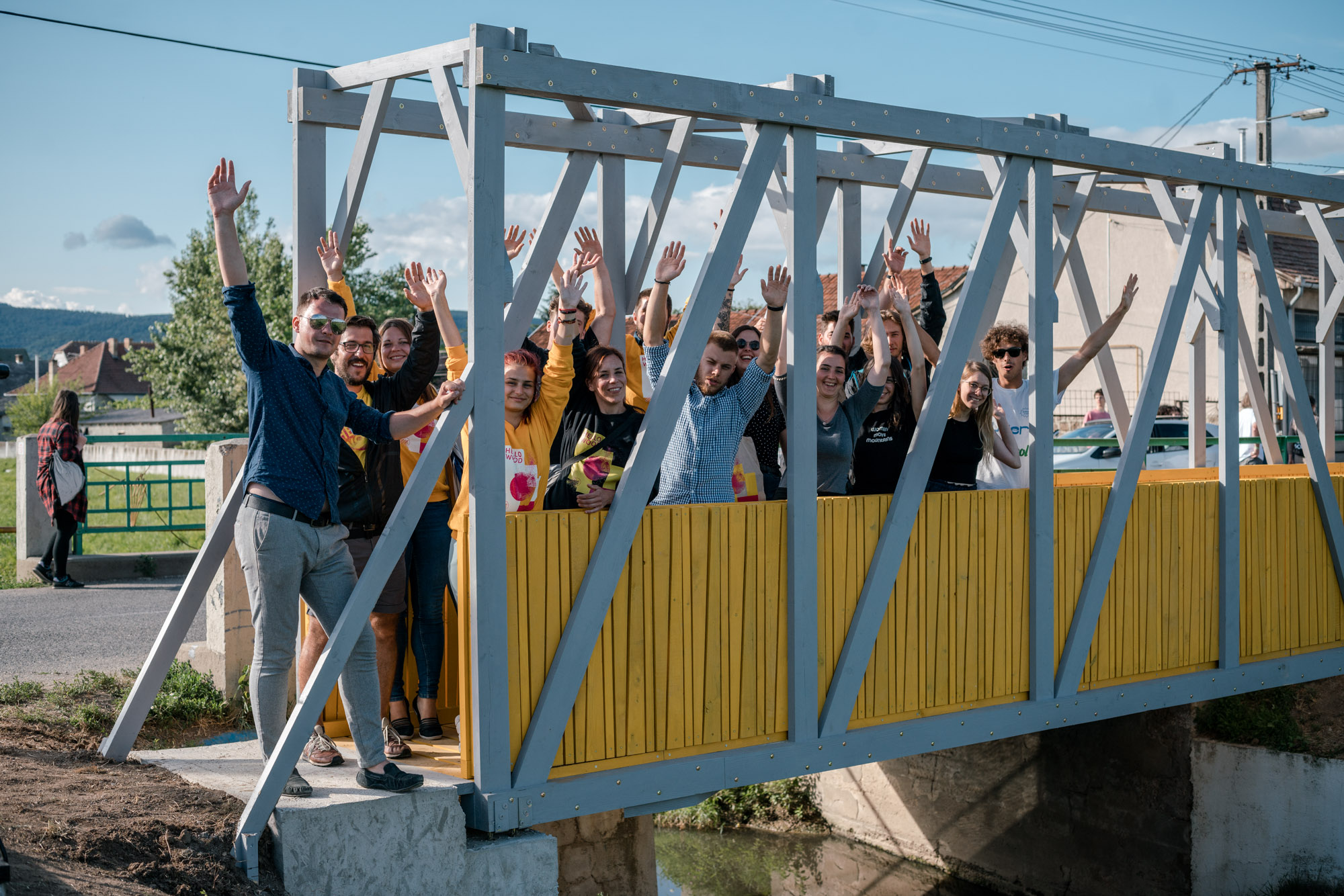Beneficiary
Hello Wood is an independent, international educational platform in design and architecture. It teaches us to think with our hands and learn through experience.
Hello Wood believes that a socially responsive attitude and the utilization of the material constraints in an innovative way, is crucial for sustainable design. Hello Wood has an ability to provide a productive reciprocity between a concept, the design and its realization. Its goal is to promote the construction process as a platform for discussion, innovation and exchanging knowledge. Hello Wood is a profoundly democratic opportunity to connect different generations, designers and artists with various cultural, academic and professional backgrounds.
Role
Hello Wood started as an art camp in 2010 for students in architecture and design and has grown into a unique art camp and festival involving more than 20 universities and 30 countries, seeking sustainable and replicable models for achieving social benefits and improving quality of life through architecture and design. It is a possibility for learning based on making and a great opportunity to break down the walls between different generations, to connect in ways that are beyond the walls of universities.
Based on these experiences Hello Wood is responsible for the theoretical background of the methodology and the overall management of the Builder method project.
Wood and biosourced science and technology Engineering school
Partner
France’s leading higher education institution specializing in wood sciences and technologies, ESB was founded in 1934.
ESB Graduate engineering school is committed to innovation using wood and bio-sourced materials. Through ESB’s scientific approach students learn about the properties of the materials, their potential and various uses of their assets in detail. Their studies include biology, wood anatomy, natural performance improvement, wood processing, structure calculation, etc.
ESB is a non-profit organisation managed by members coming from the wood industry in France.
Role
Being a reference in the wood science and technology institute in France, ESB’s mission is to make students understand better wood and bio-based materials and valorise them according to the circular economy principles.
ESB We has built a strong project-based learning (PBL) expertise, therefore it aims to collaborate with the industry. The school’s facilities, such as its innovation and prototype labs and a full digital workshop enable students to run a project from the idea to the final product going all through draft and prototype stages.
ESB promotes a “co-building-solution”, therefore its expertise in the partnership will be applied both in the technological use of wood and wooden products and in managerial skills useful to run a project.
Partner
S-HUT is one of the youngest and a most dynamic independent academic institutions based in Cluj, Romania with three other campuses in Miercurea Ciuc, Sfantu Gheorghe and Targu Mures.The university offers competitive, high-quality education and promotes research according to the traditions. S-HUT also promotes openness, attention to local, regional communities, particularly in a broader global context with a multilingual and multidisciplinary approach.
S-HUT’s academic curriculum is focused on learning through practice, workshops, creative art, and science lab research, especially in areas like architecture education as part of the landscape architecture curriculum that require a synthesis of scientific-engineering, artistic, and life science domains.
Role
As general awareness for the environment is growing, the landscape architecture education promoted by the Sapientia Hungarian University of Transylvania and, consequently within this research project proposes a multidisciplinary, holistic view for dealing with constructions, buildings as components of the broader landscape. S-HUT’s research team could confer institutional background and expertise in research of eco-regionalism, the “tradinnovation”, a prolific combination of local traditions and global innovation in architecture design and landscape planning, along with possible locations for on-site experiments and academic feedback, an implementation of research methods, results in education.
In this respect sustainability, environmentally friendly and ecoregional approach, nature based solutions become compulsory requisites of the building process, starting from setting up professional-academic objectives to choosing materials, techniques.
Partner
Martial Marquet Studio is a “design/build” architecture practice based in Paris. The studio creates and builds spaces for people to get together indoor and outdoor, in urban and natural environments. The studio’s approach to architecture is a research based practice, aiming to get the final users involved in the process from the concept to the building site. To achieve those types of involvement of users and clients, the studio creates tools as devices of social empowerment. This committed attitude produces radical projects as the studio often works in challenging conditions, geographically, socially or politically.
Role
Over the last 7 years Martial Marquet studio developed a process-based research practice applying specific skills in process control, feasibility aspect and scaling. They devised several on-site, adjustable systems for a complex building activity. The studio’s daily practice integrates an extensive knowledge in short-term building along practical systems of co-conception and co-building. Their close relations to architecture and art & design higher education schools made it possible to write, plan, organise several design/build teaching programs for 5 to 150 students on various types of techniques, technologies, sites and teams.
Partner
The educational and scientific activities of the Faculty of Architecture, Civil Engineering and Transport Sciences cover three main areas which are in line with the economic and labor market needs of the region.
In line with the Bologna education system the faculty has been pursuing higher education in one undivided program, three undergraduate programs (BSc) and four master’s programs (MSc), and since 2018 an English-language international master’s degree in Architecture (MSc) has been available.
In the framework of Architecture training, education and academic work are supported by the ideal conditions provided by the Architect Atelier, which is open to students all week long and 24 hours a day, well-equipped laboratories, and progressive studio-based educational methodologies.
Role
The role of the Design Studios grew significantly in the past years as the university introduced a progressive, flexible and experimental structure of curriculum occupying at least half of the working hours of the students per semester. This structure provides a more complex understanding of the architectural profession and an all-encompassing view into the process of architectural design.
The Design Studios are focusing on the relations between space, function, society, environment and technology. The project-based courses mix individual tasks and team-work with the involvement of educators and students.
Partner
The Association of Polish Architects (pol. SARP) is a professional organisation with a long tradition, which comprises designers, architects, researchers, sociologists, city activists and students. SARP’s objective is to care for spatial order and the quality of the architecture around us. SARP is also an organisation which animates cultural-educational events related to the promotion of good architecture as well as facilitating conditions for the growth of architectural creativity and its protection. The Association specializes in the implementation of DIY-based educational projects using participatory design tools. It has carried out over 500 events since 2013 related to the promotion and development of creative sectors (especially architecture). Their largest educational project is the international Mood for wood workshop.
Role
SARP aims to supplement the project with participatory design tools – through what young designers will include recipients in their design process. They will learn to communicate their goals and assumptions to recipients that will increase the functionality of their projects and increase their social sensitivity.



















